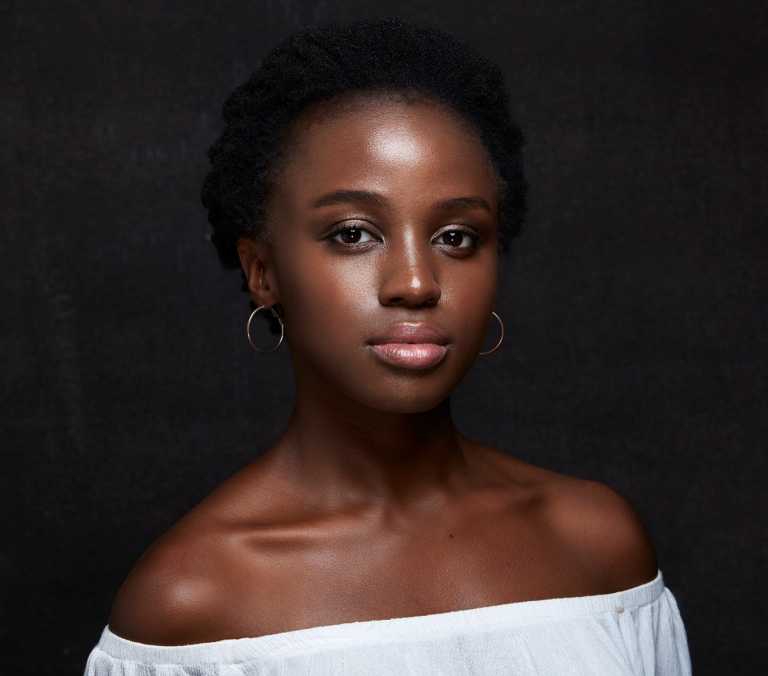Learn Fundamental Audition and Acting Skills
In the Associate of Fine Arts (AFA) Degree in Acting for Film, offered in Los Angeles, students learn fundamental acting skills in scene study, voice, movement, audition technique, and improvisation. Through hands-on projects, students learn to work independently and collaboratively in a high-pressure creative environment while rapidly building knowledge and acting experience. Working under the guidance and mentorship of our experienced faculty of professional actors, students complete a variety of hands-on projects, building their reel.
Students also learn multiple modern and classical approaches to performance through coursework and rigorous projects, building their confidence and expertise in their strengths as performers. The objective of the AFA is to provide practical training in screen acting, making it a great fit for individuals who want to solely focus on their passion.
Faculty Highlights
Curriculum
The AFA Acting for Film curriculum includes:
- Intensive coursework that includes classes in Voiceover, Shakespeare, Scripted TV, and the Business of Acting, and Audition Technique
- Faculty and staff who actively work in the film industry
- Frequent opportunities to act in front of the camera, in scenes, and in short films with NYFA Filmmaking students, as well as an introduction to other creative roles in Filmmaking
- Guest lectures from film industry leaders such as actors, agents, managers and casting directors, directors, and producers
To learn more about NYFA’s AFA, refer to NYFA’s Course Catalog, or request more information.
NYFA’s Associate of Fine Arts Degree in Acting for Film is a two-year, four-semester program. For students who want to complete the degree sooner, an accelerated 16-month schedule is possible by creating an extended academic year, allowing them to complete three full-length semesters each calendar year.
When applying for the program, prospective acting for film students must submit two recorded contrasting contemporary monologues, as well as an application. To learn more, visit our Audition Requirements page.
During the AFA program, students work on diverse projects including filmed scenes, voiceover demo reel, participation in an industry showcase, as well as a business plan and portfolio that includes a headshot, resume, and demo reel. To learn more about the projects, visit the Acting for Film projects page.
AFA students take select History of Performing Arts courses that support the Acting for Film curriculum. Learn more about the course requirements here.
The AFA in Acting for Film is available at NYFA Los Angeles, where students work and study next to Universal and Warner Bros. Studios.
3300 W Riverside Drive
Burbank, CA 91505
Associate of Fine Arts in Acting for Film
| Location | Program Start Date and End Date | Tuition |
|---|---|---|
| Los Angeles | May, 2026 – August, 2027 August, 2026 – December, 2027 | Summer 2026 Semester The program semesters tuition and duration is listed below. In addition to tuition please review the programs associated feesTuition:$20,895 Per Semester Departmental Program Fee:$1,000 Per Semester Program Duration: 4 SemestersFall 2026 Semester The program semesters tuition and duration is listed below. In addition to tuition please review the programs associated feesTuition:$19,500 Per Semester Departmental Program Fee:$1,000 Per Semester Program Duration: 4 Semesters |
The Spring 2026 deadline has passed, however, we may have limited seats available. Please contact us by phone +1 212 674 4300 or email admissions@nyfa.edu
*Additional Fees:
Spring 2026 – Summer 2027
| Technology Fee: | $80 Per Semester |
| Wellness Services & Programming Fee: | $145 Per Semester |
| Activity Fee: | $125 per semester |
| Orientation Fee: (Spring 2026: January 5th – January 9th) |
Domestic Students: $150 International Students: $200 |
| Graduation Fee: | $100 |
| International Student Fee: | $200 for the first semester, $120 each subsequent semester |
Featured Content
Please note: Equipment, curriculum, and projects are subject to change and may vary depending on location. Students should consult the most recently published campus catalog for the most up-to-date curriculum.

